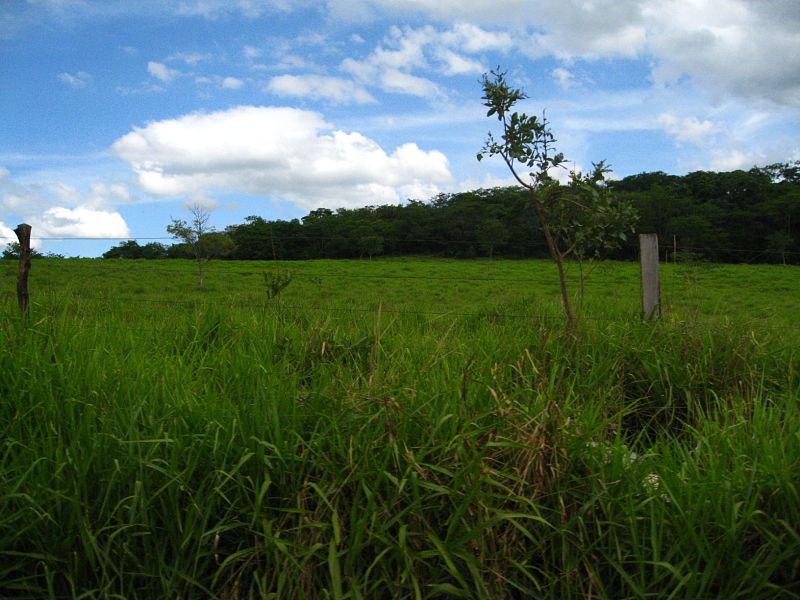ANTARCTICA
A team of scientists has determined that a major cause of melting corresponds to the bottom of submerging ice shelves.

Researchers drilling to the bottom of Lake Hodgson of Antarctica have found microorganisms that date back 100,000 years. DNA studies will soon determine whether these findings are an unknown species.
ARGENTINA
A University of Mendoza study has demonstrated the neuroprotective effects of progesterone and their possible application as treatment for Parkinson’s disease. This research was commended by the Society of Biology of the Cuyo.
A team of researchers from the Universidad Nacional del Litoral has isolated bacteria from infant feces and breast milk for use in probiotics. The team’s intention is to grow up these microorganisms to commercial quantities so they can be incorporated into the daily glass of milk in low-income schools.
Industrial designers from the National University of Lanus are working on a low-cost 3D printer prototype that can work with free software, primarily aimed at technical schools.
Argentina’s National Research Council (CONICET) celebrated its 55 year anniversary in its park dedicated to science and technology called “Technopolis.”
BRAZIL
Climate change could raise the temperature in the Brazilian Amazon by six degrees and convert 45% of rain forest areas into savannah according to a study presented at the First National Conference on Global Climate Change.
Brazilian scientists have discovered a way to develop artificial skin from porcine tissues. This technique should reduce the current cost of production of artificial skin.
CHILE
The European Southern Observatory located in La Silla, Chile confirmed by conducting its first 3D map theories indicating that the bulge of the Milky Way is in the shape of an “X.”
COLOMBIA
Enzymes from microorganisms are useful for the restoration of works of art. “Bioremediation” is being applied by scientists at the National University of Colombia to return various works of art “to their original appearance.”
Researchers from the International Center for Tropical Agriculture, based in Cali, Colombia, presented at the 22nd International Rangeland Congress their studies on the foraging behavior of Brachiaria and how they could mitigate the effects of climate change. The plant has a mechanism to inhibit nitrification of fertilizer applied to the soil and reduce the presence of nitrous oxide, a greenhouse gas.
PARAGUAY
The biotech company Oxitec has contacted Paraguayan authorities to propose the use of genetically modified mosquitoes to control Aedes aegypti, the mosquito vector of dengue fever. This disease has caused more than 100 deaths and over 130,000 cases so far this year.
VENEZUELA
A giant sloth fossil more than 14,000 years old was introduced last week by researchers at Venezuela’s IVIC. They named the specimen Megistonyx oreobios, a herbivore that lived in the Venezuelan Andes during the Pleistocene.
